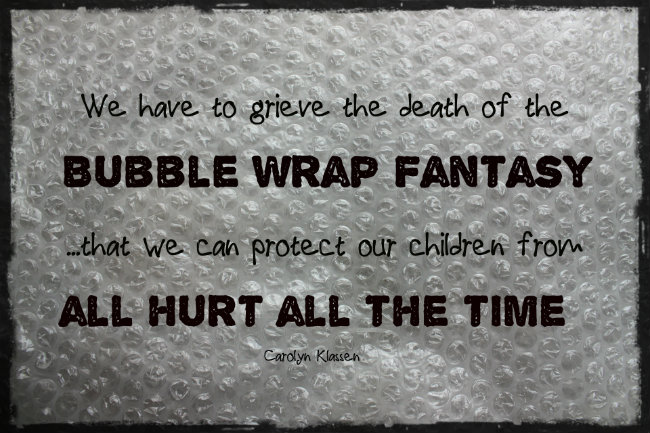
I spoke to Lauren McNabb from Global Television yesterday and she asked me the question that parents all over the city are asking, “Do we as parents need to talk to our children about the death of Cooper Nemeth?”
I kinda got the feeling like she wanted me to say, “No, we should not acknowledge his death. We should gloss over it and move on with playing Legos and icing cookies. Let’s not have to talk with our kids about something as ugly as a 17 year old dying. It’s too tragic to expose to our kids.”
I essentially said, “Yes…children know about this, and they are wondering. They need to have parents hold space for their grief and their vulnerability, as Cooper’s death is a death the family of Winnipeg is collectively grieving.”
She went on to ask me (not all of this is on the video): “Is there an age at which this conversation should start?” In her question, I hear the fear of all parents, with this question being code for: Please tell me that other kids who are older should talk about this with parents, but not mine. Please tell me that mine are too young to know about death.
And I said to her that when children are aware of a death, they may well be wondering about it, and we as parents can answer questions, give hugs while they cry, or just sit in the silence as kids grapple with a reality we would all prefer to ignore.
…and if ignoring the hard stuff worked, I would encourage it.
But ignoring things that make children scared, sad or upset doesn’t decrease or eliminate those feelings inside a child. The child just learns that the parent can’t handle their big feelings, and they move a little bit farther from sharing their hearts with you.
I then talked to Lauren McNabb about the challenge for parents, before they sit with their kids in grief, is to be comfortable sitting with our own vulnerability, fear, and grief.
Life isn’t fair. It’s like parents expect/hope life to be fair, want their children to experience it as fair, and aren’t willing to forgive life that hard things are going to happen. We want to protect our children from the harsh realities that life can thrust upon us…and we aren’t prepared to accept that we can’t shield our kids from the discomfort and pain of life.
Grief is hard to feel, because forgiveness and grief are so wrapped up together and they are both so hard…
Sitting with our kids in their darkness is hard because we have to be comfortable with our own dark stuff.
Sitting in the darkness only happens when we forgive the world for the mess that it is in, and allow our dreams of perfect safety to die.
And as we sit with our kids as they think about death, we, as parents, have to be comfortable with these real and harsh realities:
- Our children are never absolutely and completely safe. We as parents cannot always and forever guarantee the safety and wellbeing of our children, hard as we might try. We cannot stop the runaway bus, the unexpected illness or a secret poor choice. That sucks
- Suffering is a part of the human experience we cannot prevent. As parents, we cannot shield our children from having their hearts broken. They will experience disappointment, grief, uncertainty and fear…as parents, we will watch our children suffer.
A big part of being a supportive parent to our children in their inevitable darkness is grieving the realities of vulnerability and suffering.
We as parents don’t want to have to admit how we cannot prevent suffering in our children.
We have to grieve the death of the “bubble wrap fantasy”…that we can protect our children from all hurt all the time.
Gosh, I wish that as a parent, I could. But I can’t.
Funny thing is, once we are able to forgive life–because in addition to it’s beauty, it is also dangerous and fearful and sad and hard–and are able to let the fantasy go of keeping our children absolutely safe from all harm all the time…we are better able to be fully present with our kids.
We are able to connect with them in the real stuff of life…to meet them in their suffering. To look them in the eyes as they ponder the big questions of life in ways that astound us with their profundity. To watch their little brains and tiny hearts work to absorb big ideas and think enormous thoughts is a privilege and gift.
Once we acknowledge our vulnerability, we are better able to be fully present with the vulnerability of our children…and in an odd paradoxical twist, they feel safer with the support and understanding of a parent who hears them and fully accepts all of them, including their fears and grief.
To provide a place where a child is fully known and loved (even the hard and scary parts) is to provide a place of stability and security.
It’s hard work to get there and requires us as parents to be fully present with ourselves as part of supporting our kids…but the hard work is worth it.
Trust me.
The clip from Global News with Lauren McNabb:






Write a Comment